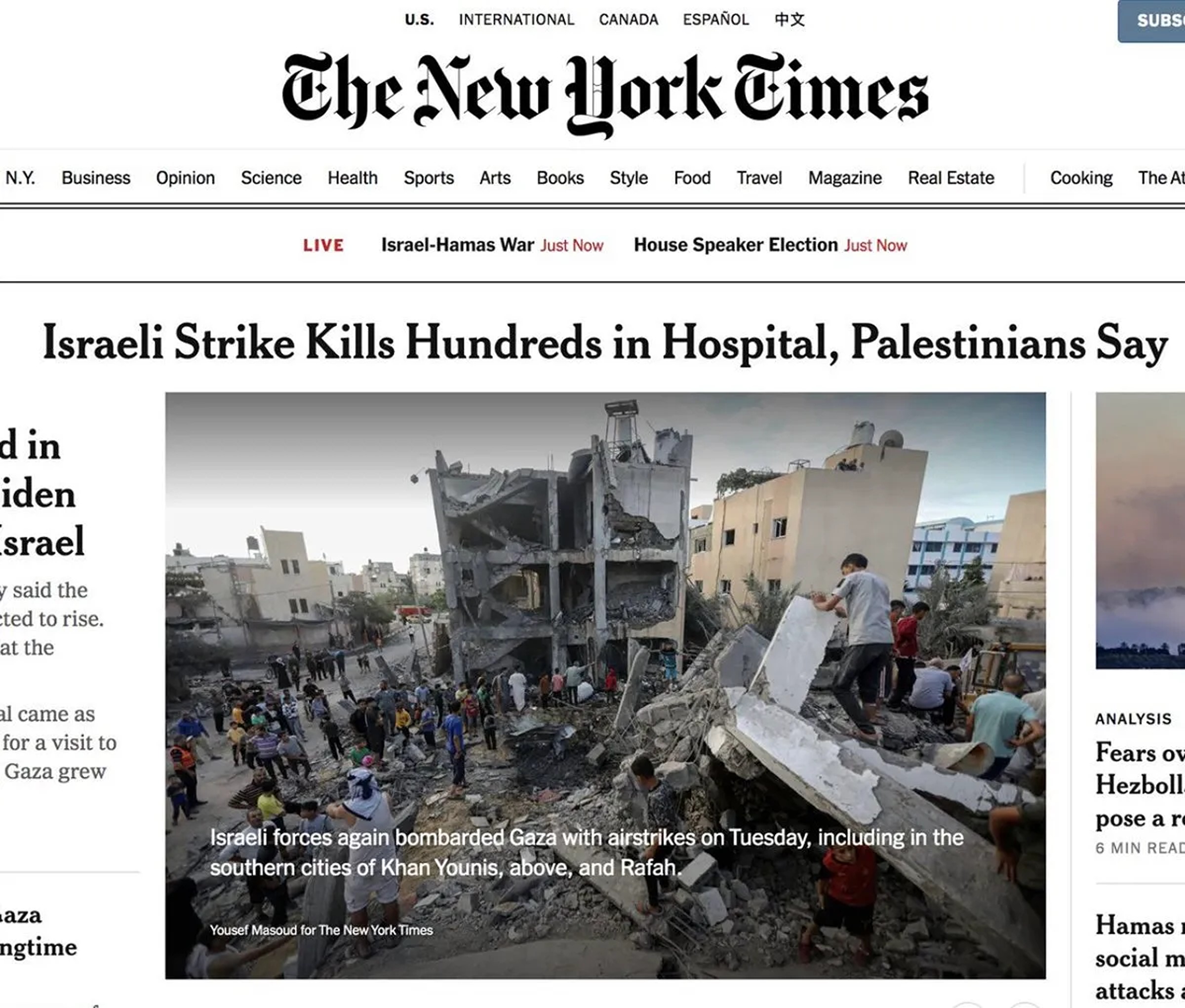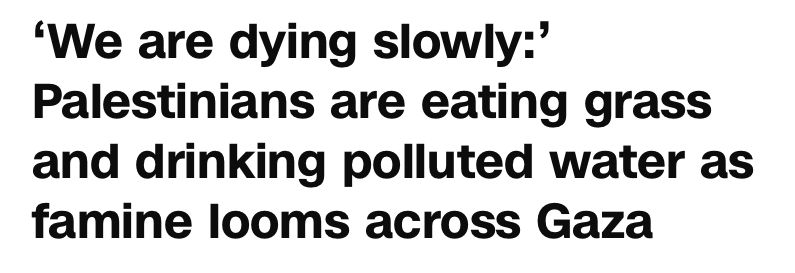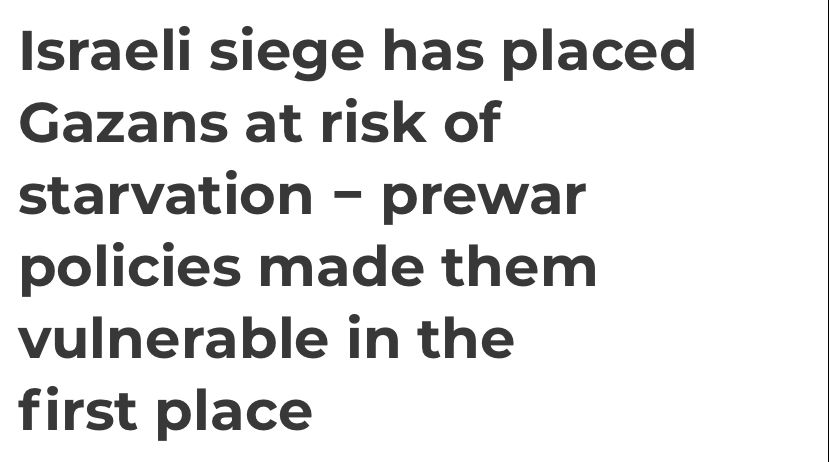Headlines are an integral part of every media story. They essentially act as the narrative’s compass, guiding every readers’ perception before they even dive into the story’s depths.
With the ongoing war in Gaza, it’s crucial to critically analyze not only the source of information and casualty figures, but also the framing of headlines. Often, these headlines intentionally omit crucial details, shaping the narrative, and potentially influencing our understanding of the situation.
Media and politics have been intertwined for ages, shaping how news reaches the public. This gave rise to communication theories like “agenda-setting,” which explores how media choices influence which stories get attention and shape public opinion. A crucial part of this theory is “gatekeeping,” where editors act as gatekeepers, deciding what news passes through to the public based on their own judgment of “newsworthiness.”
By choosing what to emphasize and how to portray it, editors can nudge public perception in specific directions.
For example, one essential technique for critically analyzing headlines is to ask “why?”. This crucial question often gets omitted, obscuring the root cause of events. Media coverage of the devastation in Gaza might neglect to mention the underlying socio-economic or political factors contributing to the situation.
Below are three headlines from the Guardian, MSNBC, as well as CNN on starvation in Gaza.
While these headlines raise awareness about the dire situation of hunger in Gaza, they fall short in providing context and crucial information. They paint a picture devoid of cause, implying a natural disaster rather than the realities contributing to the crisis.
Understanding the “why” is critical. Is it rooted in deep-seated poverty and economic instability? Is it exacerbated by climate change? Are there limitations on essential humanitarian aid reaching those in need?
The fleeting glance of these headlines bypasses vital aspects like “why” and “who.” This intentional ambiguity allows readers to fill in the blanks with their own assumptions, potentially shaping their understanding before they even enter the story.
When researching news, it is important to prioritize sources that go beyond the surface, offering clear explanations for events through well-crafted headlines.
Unlike the ambiguous headlines, those from TIME, NPR, and The Conversation offer stark clarity. Their use of “starvation is being utilized” directly implies intentional action, pushing the narrative towards holding Israel accountable.
Mentioning “Israeli protestors blocking aid” not only points to the complex reality contributing to the crisis, but also raises questions about responsibility and who might be hindering necessary support.
Furthermore, headlines explicitly stating “Israeli siege has placed Gazans at risk of starvation” and “starvation is being utilized as a weapon of war” go even further. By assigning cause and actors such as Israel, they directly address the issue of accountability and shift the focus from suffering to perpetrators.
Alternatively, platforms like social media and local news have given a space for activists and journalists to challenge mainstream media, revealing missing context and challenging potential bias in reports. This empowers the public to form a more nuanced understanding of current events.
Scrutinizing these media headlines reveal that the way we understand a story plays a crucial role in how we respond, contribute, and endorse certain policies by the government.
Tragedies witnessed from afar numb us to the truth: human choices orchestrate these horrors, and human choices can orchestrate their end. Yet, without constant accountability, we become bystanders to our own potential for change.
The opinions and ideas expressed in this article are the author’s and do not necessarily reflect the views of Egyptian Streets’ editorial team. To submit an opinion article, please email [email protected].













Comments (0)